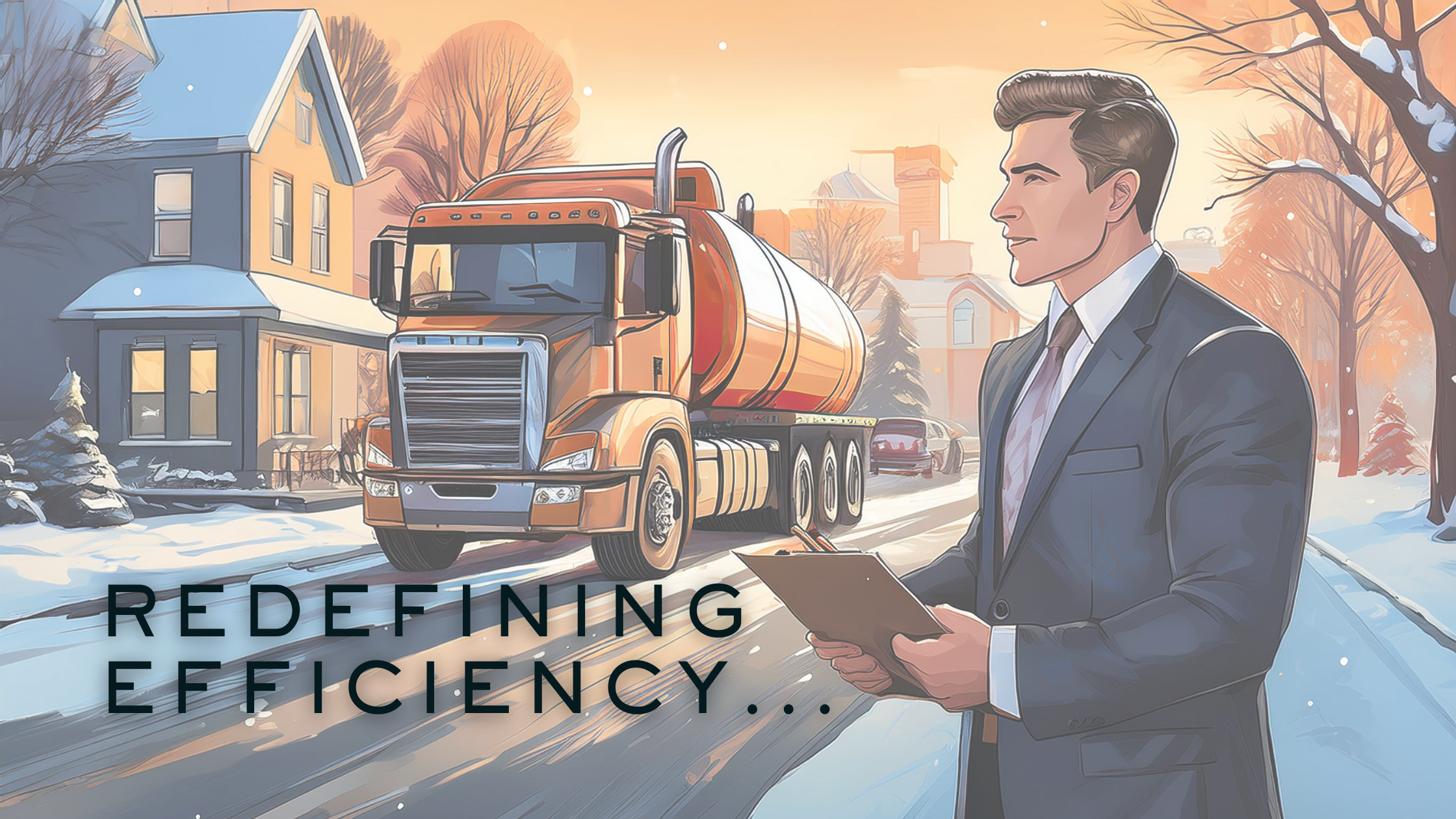
October 14, 2024
In today’s highly competitive fuel delivery industry, efficiency is more than just avoiding runouts. Discover how propane and heating oil companies can optimize their fleet, reduce unnecessary costs, and maintain customer satisfaction through smarter delivery planning.
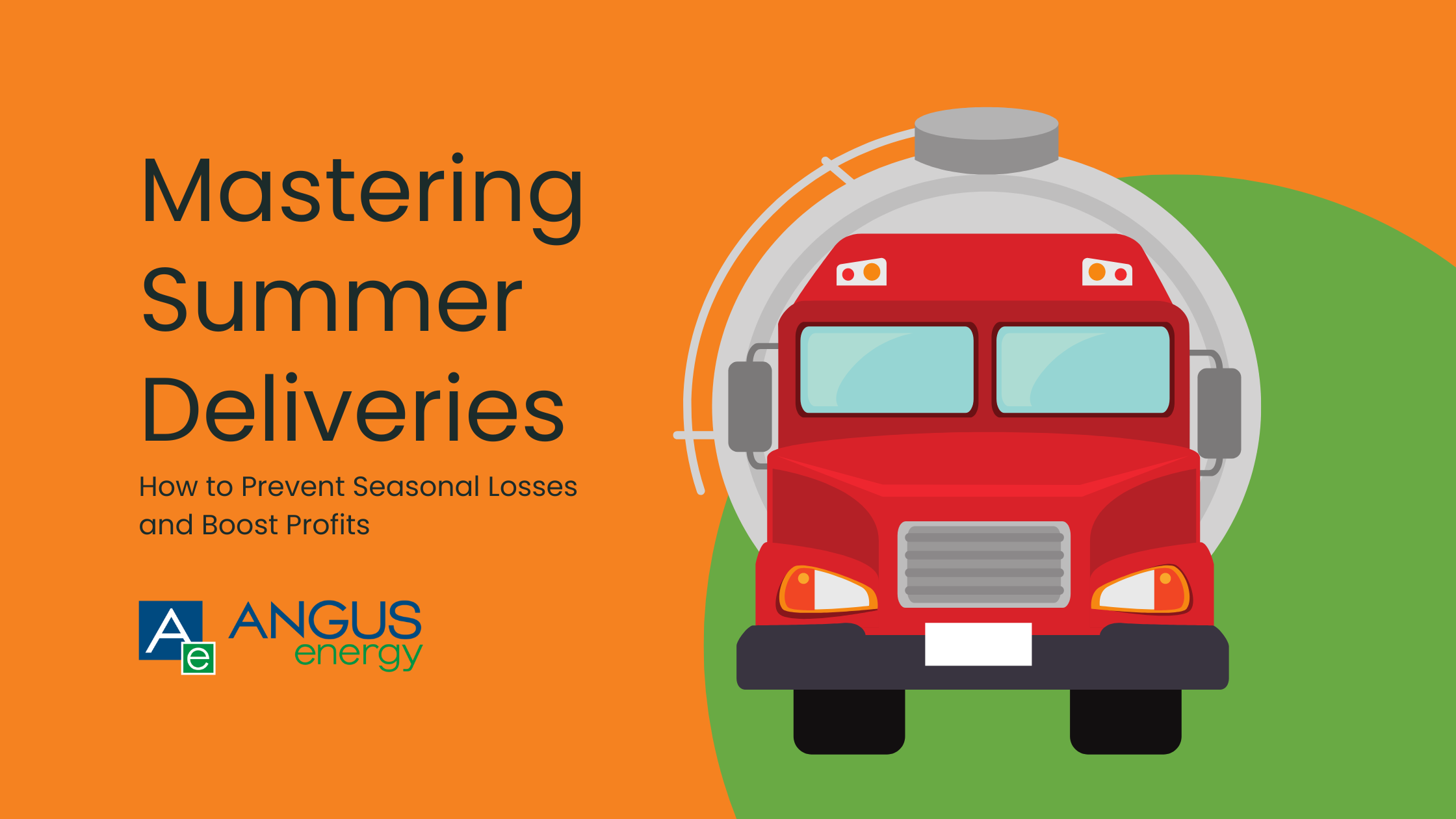
June 10, 2024
Have we grown so accustomed to profiting only in the winter that we accept controllable losses during the summer? Our experts review some steps to help you prevent seasonal losses and boost profits.
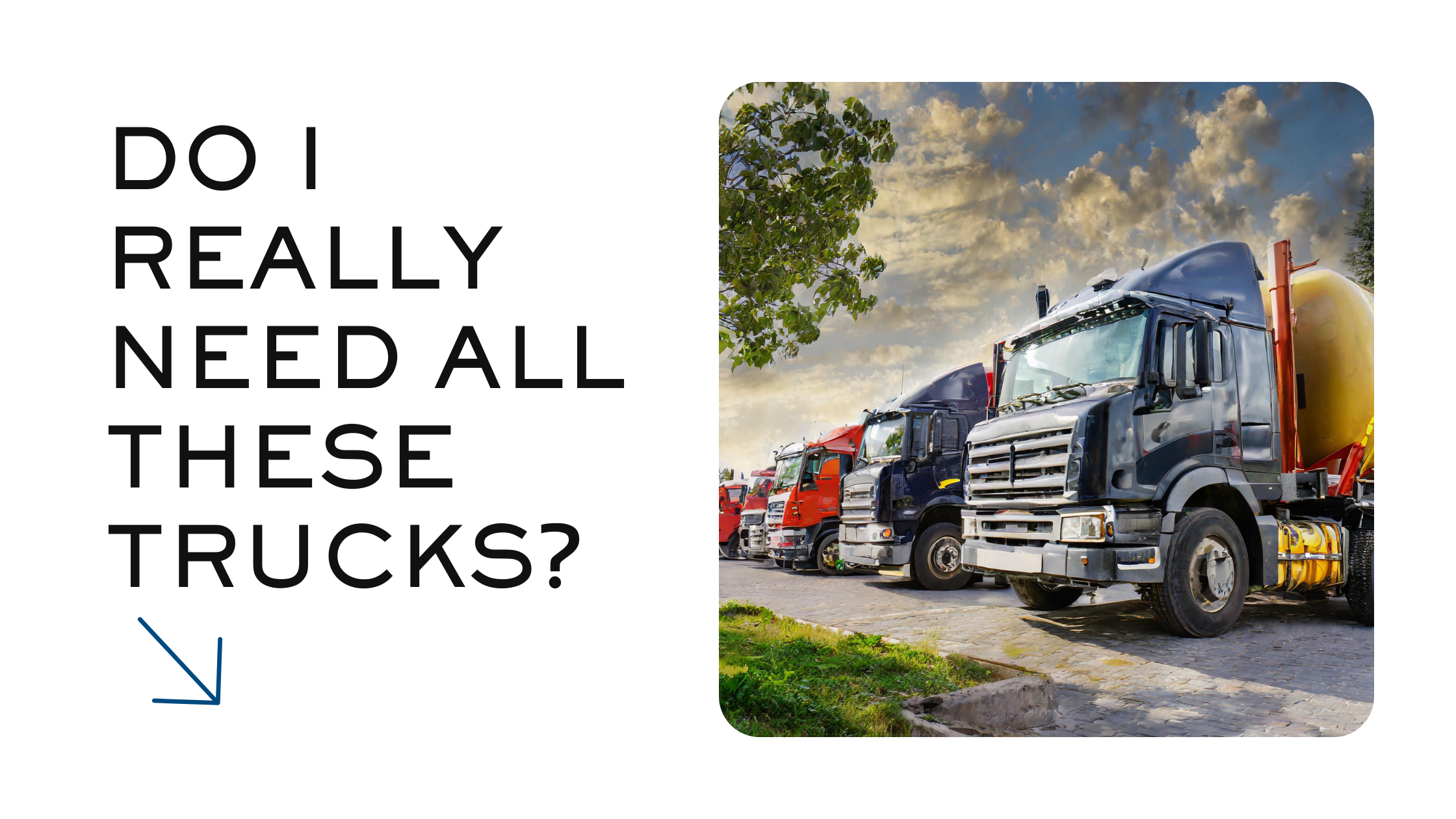
March 24, 2024
When you look out into the yard during the summer, what do you see? Trucks, lots of trucks. Some are out making deliveries, but the rest are there just sitting there, waiting. Trucks are the backbone of your business, and you wouldn’t survive without them BUT do you really need all of your trucks?
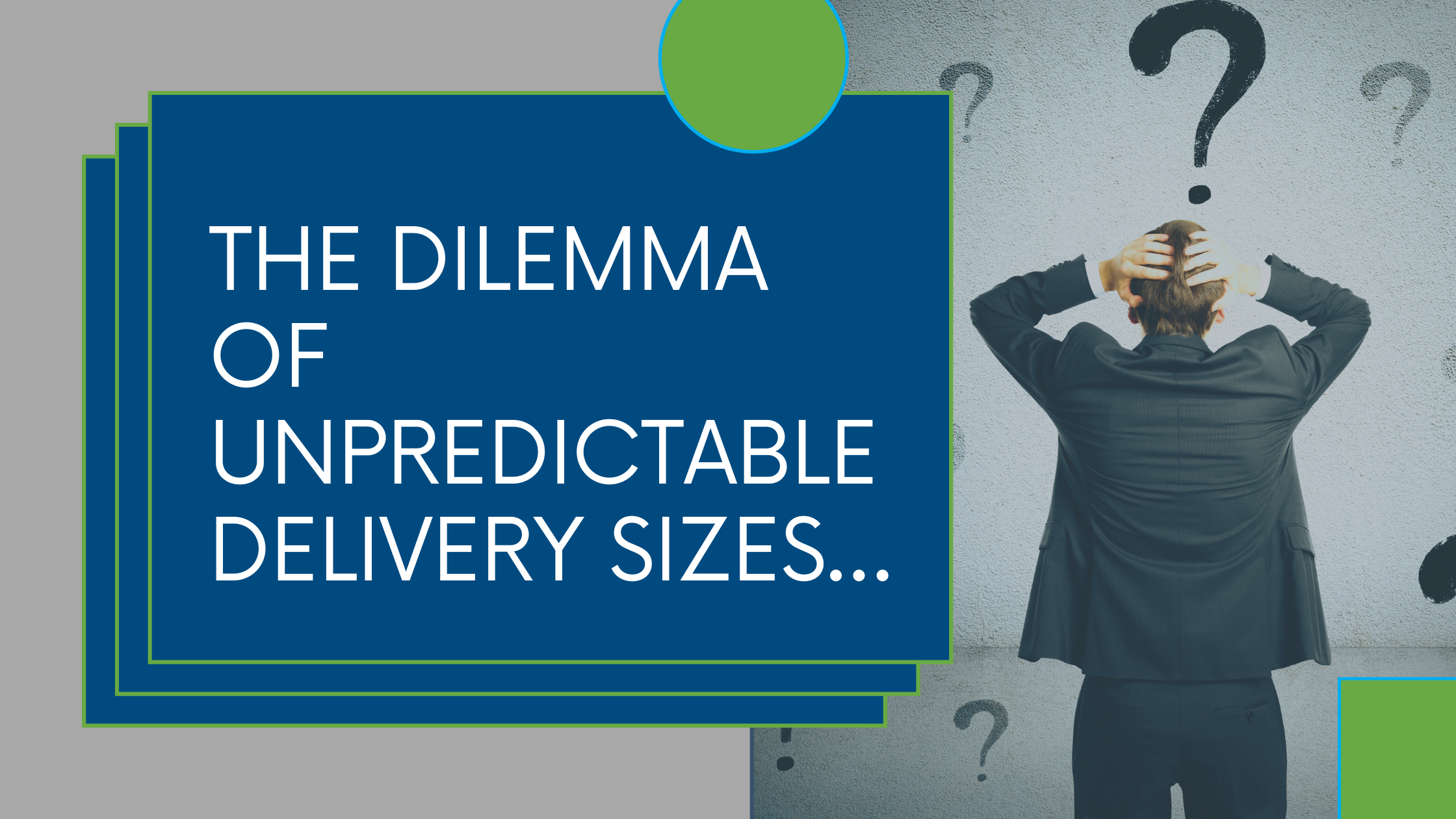
March 11, 2024
With consumption falling, governmental intervention increasing, and competition becoming wiser and nimbler, it appears the only true lever for a fuel distributor to keep their margins is by increasing prices. However, higher prices don’t help with the silent killer of profits in a world where others are managing those risks. How high will you be able to take prices to offset inefficiencies that are only getting worse? How long will it be till your customers wonder why the competition is cheaper?
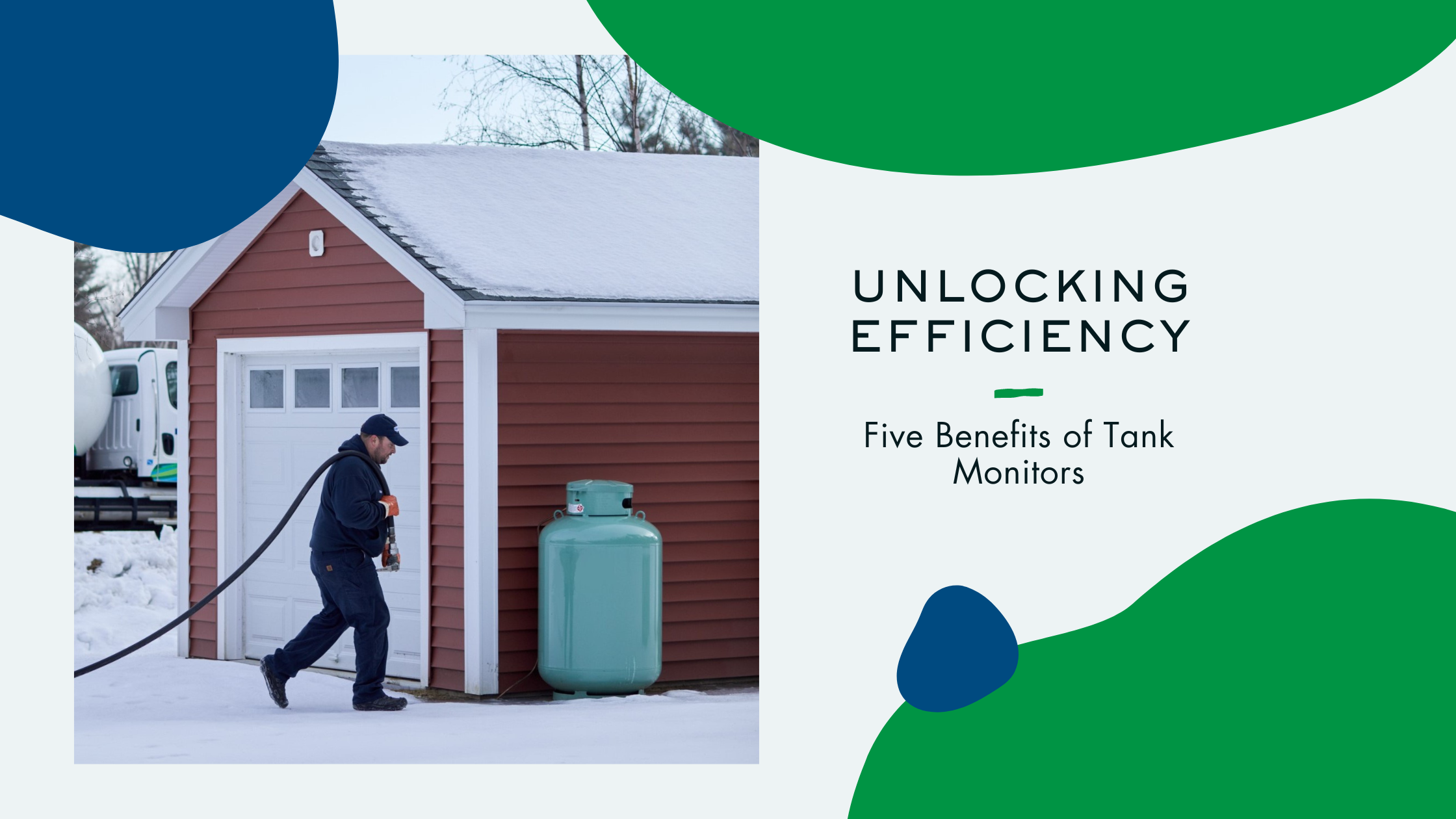
February 13, 2024
While tank monitors aren’t new, they are indispensable tools that can revolutionize the way businesses operate. Tank monitors don’t just monitor tanks, they empower fuel delivery businesses to become more efficient, so they are able to do more with less. Explore five key benefits of incorporating tank monitors into your system.
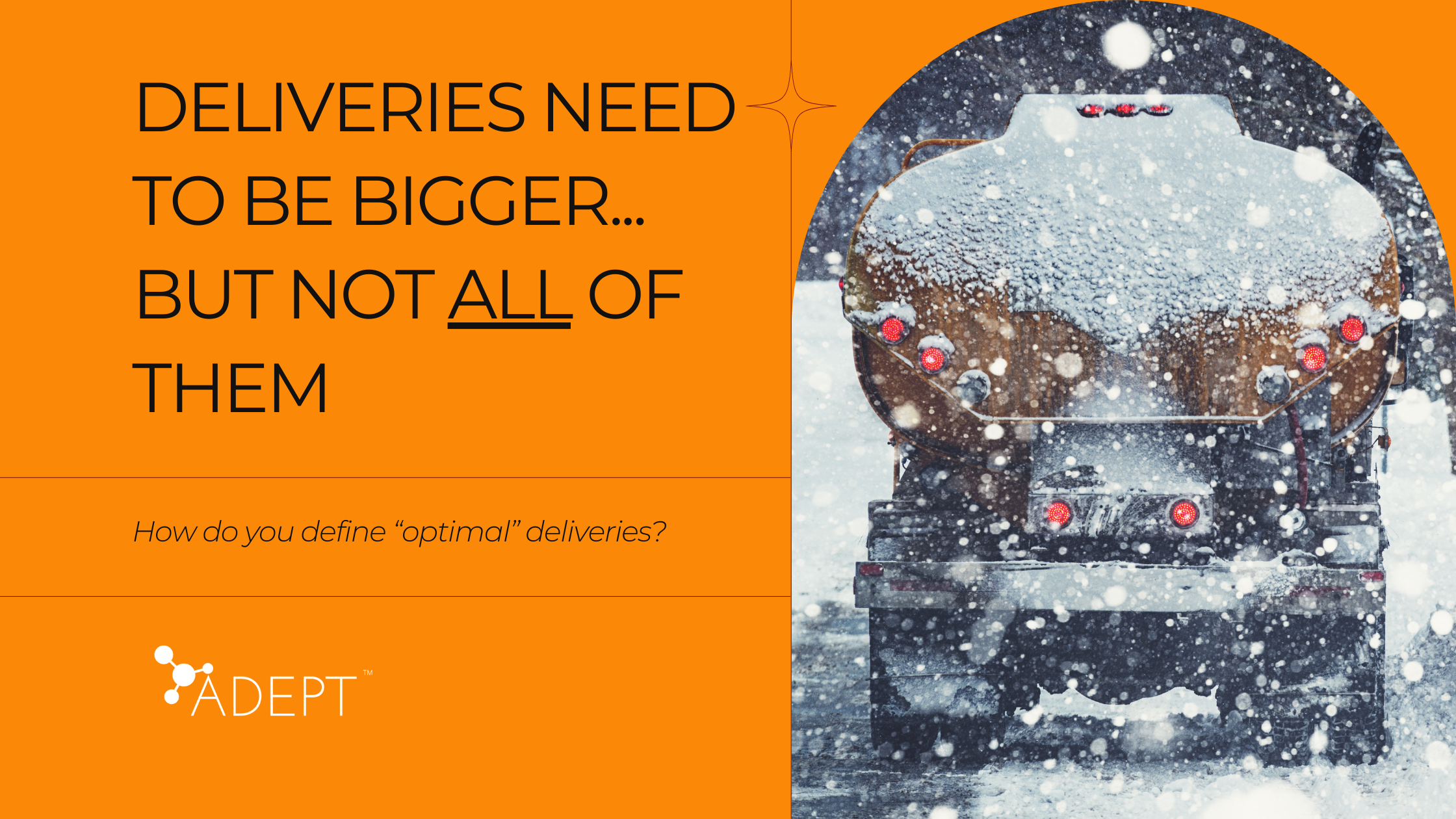
November 28, 2023
Keeping customers warm through the winter is the most important part of your business. So, it’s no surprise that deliveries are the largest component of your expenses. When you dig into ways to cut down on those expenses in many cases it comes down to making larger and (therefore) fewer deliveries. However, simply targeting larger deliveries may or may not be optimal and as such may not decrease but actually increase delivery costs!
How do you define an Optimal Delivery?
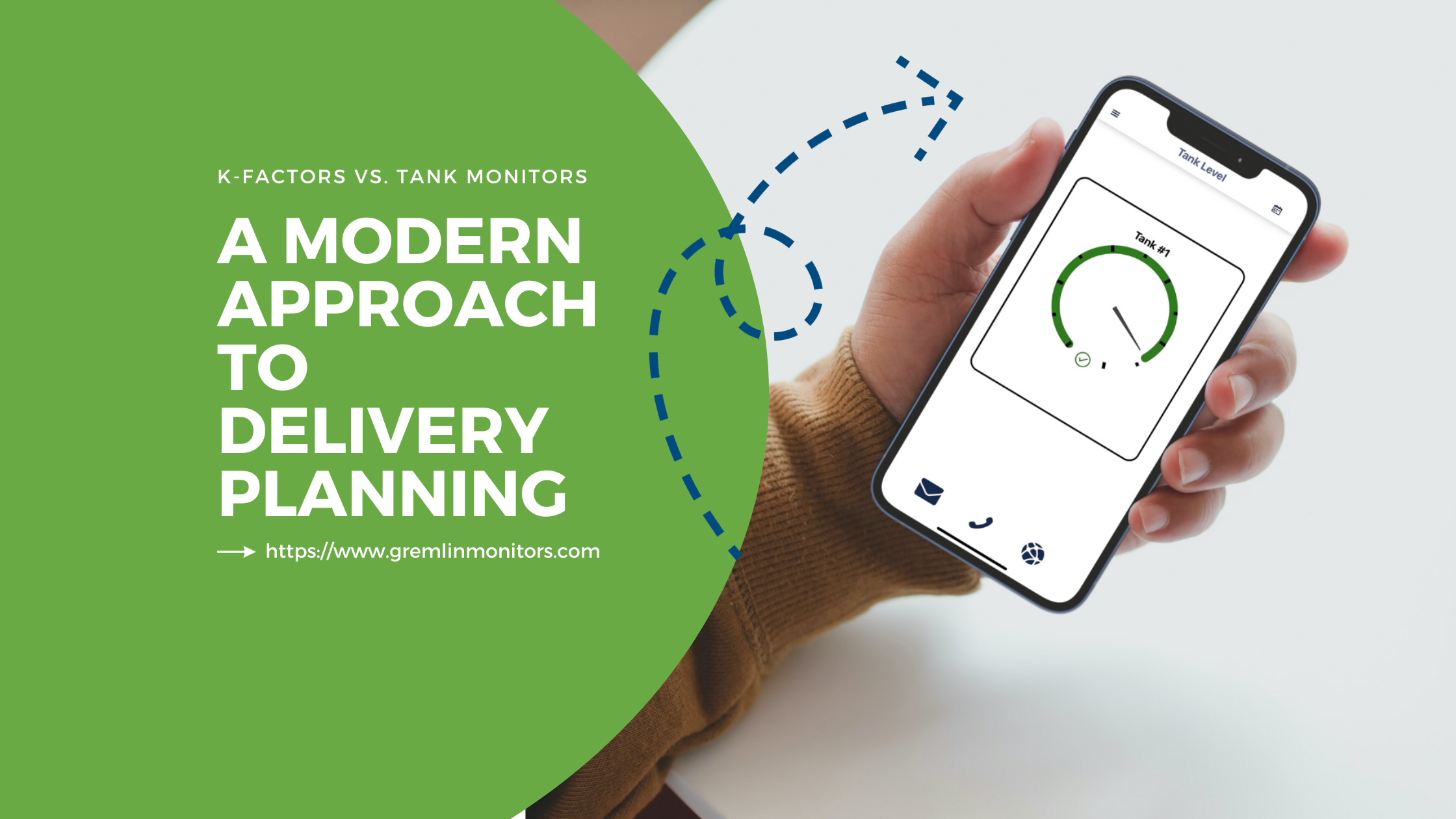
November 13, 2023
Most fuel marketers still rely heavily on K-Factors to predict, prioritize and route their deliveries. This method of calculating next delivery based upon a mathematical formula has allowed fuel marketers to operate as efficiently as possible. But are K-factors really the most efficient option?
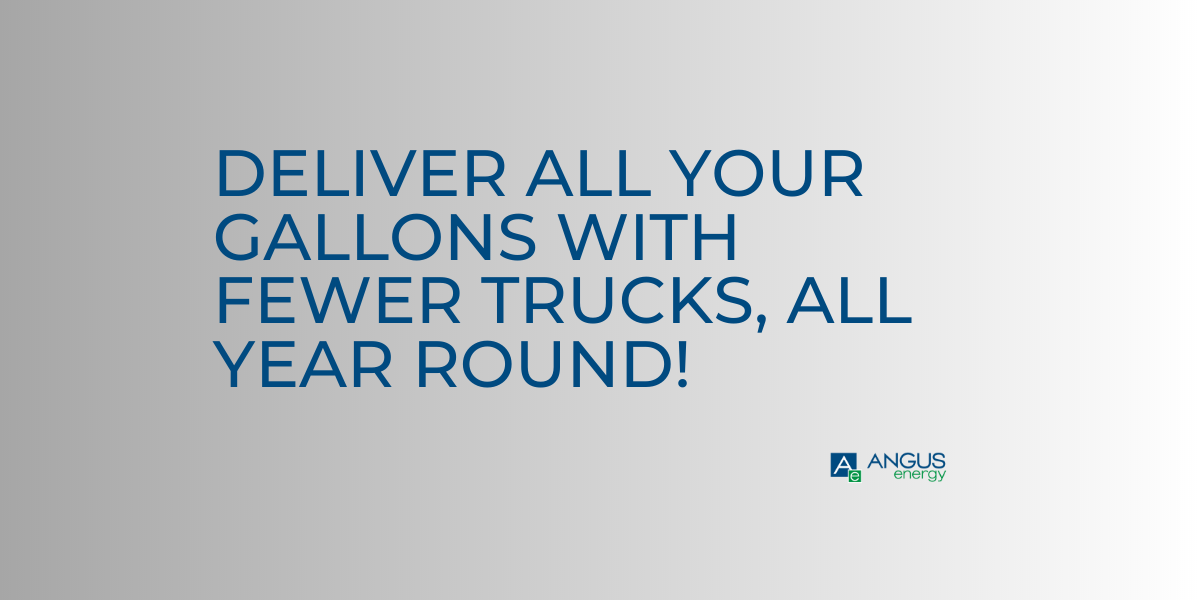
June 27, 2023
The largest expenses for heating oil and propane distributors are those related to deliveries. Fixed fleet costs including trucks, insurance, and maintenance, as well as variable costs of wages and fuel during the heating season that always seem to be on the rise. The trick… deliver all your gallons with fewer trucks during all four seasons.…

January 19, 2023
Your biggest expenses are the fleet that delivers fuel to your customers and the wages for the drivers, dispatchers, and mechanics who make those deliveries and keep the fleet running. In many cases, those expenses can equal 75% of all of your operating expenses. You are (or should be) aware that there are new and modern ways to improve your economics. The costs are minimal relative to the benefits, the implementation is fairly easy, and the results outweigh just about anything you can do with any other delivery and dispatch technology.

August 29, 2022
In any business, in any industry, the “3 legs” that are required to support a business are Sales, Operations, and Finance. Sales can include sales, marketing, customer support and retention, data analytics, social media, etc. Operations includes “everything you do” to serve your customers. In our industry, it is primarily delivery of fuels and the installation and servicing of heating and cooling equipment. Finance includes everything from budgeting, analyzing, reporting, banking, credit, hedging, and more.










